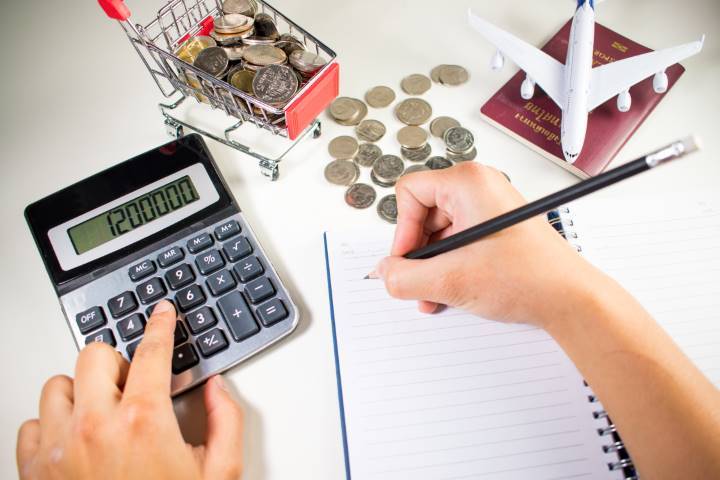Personal finance management is always a key factor that determines a person’s financial stability or financial growth, especially in Ghana. Whether you are paid a fixed wage, salary or even self-employed, it is very crucial to know how to manage your current, save and invest your money in the future. Here’s a guide to managing your personal finances in Ghana:
1. Create a Realistic Budget
Any strategy of financial management starts with a carefully prepared plan, which is the essence of a budget. To begin, write down all your income and expenditure, putting them into needs (rent, electricity, etc.) and wants (movies, eating out, etc.a). What this will do for you is help you provide a thorough account of how you are spending your money. Money management could be done by using the help of an application on your mobile or even by creating the simplest table in the Microsoft Excel sheet.
The aim is to spend according to available resources, in other words to meet essential needs only and not to borrow carelessly. Following the 50/30/20 rule is a good place to start: Spend 50 percent of your income for necessities, 30 percent for desires and 20 percent for savings and investment.
2. Build an Emergency Fund
Sometimes an individual can be out of job, get a medical bill, or a car repairs among other events of life that require cash, and that’s why an emergency fund comes in handy. The banking professionals recommend the amount to be about three to six months’ expenses. In Ghana consider depositing with a commercial bank of your choice perhaps one with decent interest rates so that your emergency fund may increase over several years.
3. Save Consistently
Savings can only be made specific and saving on a regular basis will safe your financial future. This, according to Greg, is the best way to grow wealth, even if the amounts involved are measly. It’s important to first save a certain amount of money out of your salary before you proceed to use money on other things you want. Ghana has mobile money with easy methods of saving money and especially transferring which they do at relatively cheaper prices through MTN Mobile Money or Vodafone’s Vodafone Cash.
Think about automatically saving,
where money is moved from your current account to your savings account
regularly, per month. This makes saving a relatively easy behavior or habit to
maintain. Yellowsave from MTN is a perfect idea for you in case you want to save on your phone automatically without stress.
4. Invest in the Local Economy
One of the best strategies by which you can build up your wealth is through investment. The relative investment opportunities in Ghana can be divided into several categories of investment which include:
- Treasury Bills and Bonds: These are investment facilities offer by government with low level of risk and guarantee fixed rate of returns over a particular duration.
- Stocks and Mutual Funds: Ghana Stock Exchange provides the market for investing in Ghanaian companies. You may also choose a subcategory of related investments such as mutual funds which involve collections of cash from various investors to invest in various forms of securities like stocks and bonds.
- Real Estate: That is why it is wiser to invest in property, especially in, for instance, Accra and Kumasi, as it can turn into their permanent source of income for many years. Investment in land or houses, though small can also produce very high returns in the long-run.
5. Minimize Debt and Avoid High-Interest Loans
It is fine to borrow but people should avoid instances in which they get stuck with lots of debt. Do not borrow at high rates especially from the quack loan sharks. Concentrate on the early pay off of debts and with an emphasis on those with the highest accrued interest rates. Try to combine loan instruments so it would be easier to make payments, and the interest rate would also be lower.
6. Plan for Retirement
Many people expect to retire early and preparing for it even in the initial year of employment is not a bad idea. Ghana currently has the Social Security and National Insurance Trust (SSNIT) which offers a basic rate retirement pension; however, one may require extra cash or investments which will enable such a lifestyle after retirement. Perhaps it is beneficial to open your own pension account with an accredited pension administrator, and/or do research on long-term saving products that are accrual-based, and are tax effective and yield higher returns.
Conclusion
Personal finance in Ghana is therefore not an easy thing to handle since it needs discipline, proper planning and most importantly knowledge. If you focus on being smart with your money as well as working diligently, you can save, invest, and plan for a secure financial future. It begins with small steps, and persistence thereby making right decisions in terms of financial planning as a way of accumulating wealth.



No comments yet
Be the first to share your thoughts!